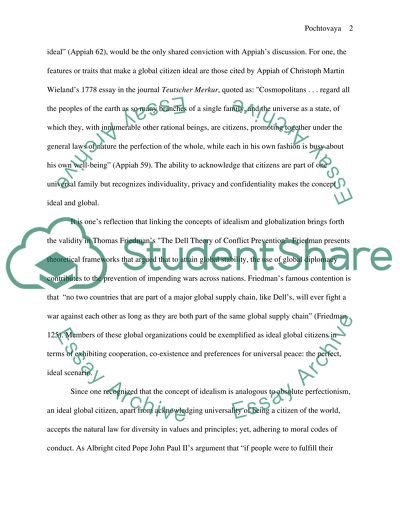Cite this document
(“The Ideal Global Citizen Essay Example | Topics and Well Written Essays - 1500 words”, n.d.)
The Ideal Global Citizen Essay Example | Topics and Well Written Essays - 1500 words. Retrieved from https://studentshare.org/english/1449190-the-ideal-global-citizen-revision-project
The Ideal Global Citizen Essay Example | Topics and Well Written Essays - 1500 words. Retrieved from https://studentshare.org/english/1449190-the-ideal-global-citizen-revision-project
(The Ideal Global Citizen Essay Example | Topics and Well Written Essays - 1500 Words)
The Ideal Global Citizen Essay Example | Topics and Well Written Essays - 1500 Words. https://studentshare.org/english/1449190-the-ideal-global-citizen-revision-project.
The Ideal Global Citizen Essay Example | Topics and Well Written Essays - 1500 Words. https://studentshare.org/english/1449190-the-ideal-global-citizen-revision-project.
“The Ideal Global Citizen Essay Example | Topics and Well Written Essays - 1500 Words”, n.d. https://studentshare.org/english/1449190-the-ideal-global-citizen-revision-project.


